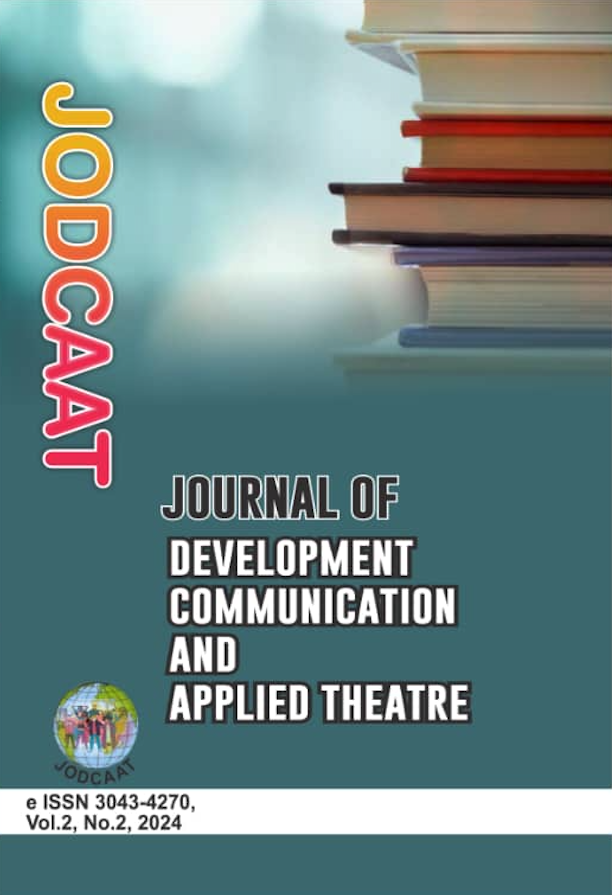BRIDGING CHILDHOOD FANTASY AND ADULTHOOD ACHIEVEMENT: THE ROLE OF PRETEND PLAY IN CHILDREN'S LEARNING AND DEVELOPMENT
Resumen
Pretend play as an imitative act is a crucial aspect of children's learning and developmental process; that is either overlooked or giving less attention in both formal and informal educational settings. This is owed to its perception as frivolous and less impactful to children. The paper argues that pretend play embodies cognitive and emotional skills that enable children to navigate complex social situations to develop resilience and identity, and as well, bridge the gap between childhood fantasies and adulthood achievements. Through descriptive analysis and observation, the paper demonstrates that pretend play is not only a fundamental component of children's learning, but also a powerful predicator of future success in adulthood. The paper adopts Albert Bandura's Social Learning Theory, which believes that children learn by imitation of older adults within their environment. Findings indicate that play is at the heart of children's learning because of its capacity to provoke creative thinking and problem solving proficiencies. In other words, plays help children to relax, recollect and absorb issues in seamless manner. As such, the powerful nature of pretend play towards influencing positive learning outcomes in children should not be undermined by parents, educators and policy makers. Therefore, it concludes that unrestricted access to play activities is vital to children's learning and development. It recommends that the relevant authorities should work in synergy to create conducive environment for this childhood experiential learning and developmental trajectory, that is primarily innovative, goal oriented and with the capacity to produce competent generation of adults.


